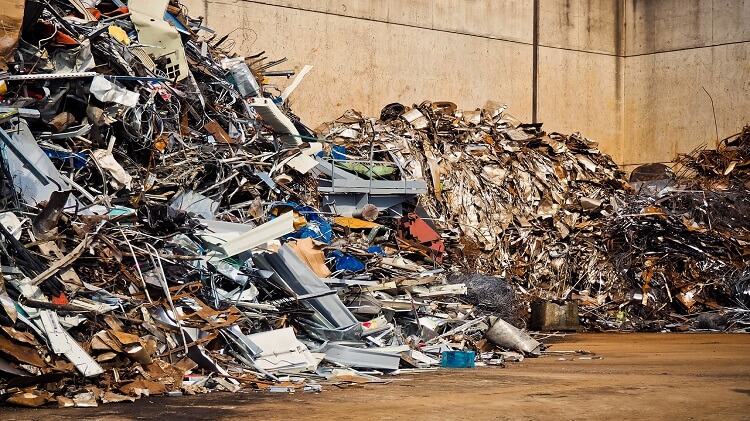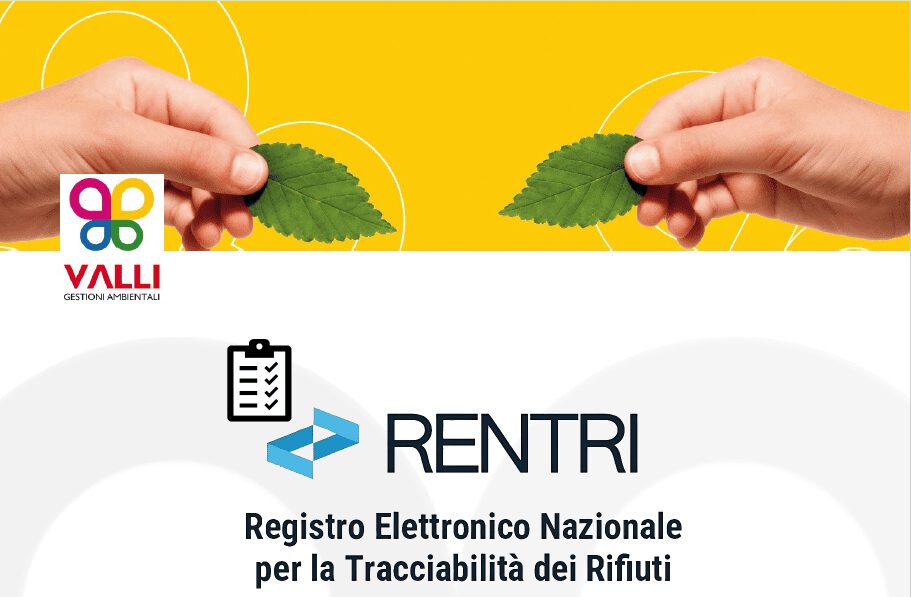The agreement has been reached: the agreement that unlocks the end of waste will give new impetus to the circular economy in Italy. The change was included in the decree on corporate crises and exceeds the measure contained in Law 55 of 14 June 2019.
The new modification
The approved amendment specifies some criteria concerning:
- incoming waste materials eligible for the recovery operation
- Permitted processing processes and techniques
- quality criteria for ceased waste materials, limit values for pollutants
- requirements for management systems to demonstrate compliance with the criteria establishing the end-of-waste status (quality control, monitoring and accreditation
But with what or what objectives? The new agreement made aims to simplify the procedures for the recovery and reuse of waste, also reflecting on who or what authorizes it; facilitate companies operating in the circular economy sector, protecting the environment and people’s health. As far as the Regions are concerned, it is their task to authorize the recovery, but with the same criteria from North to South, without therefore creating differences between companies, depending on geocalization.
But what is the end of waste really?
This acronym refers to the recovery process carried out on waste, at the end of which it loses its qualification to return to being a product. The End of Waste is therefore the process that transforms waste into a product that is useful again. But when does a waste stop being waste? The simplest answer is: when it undergoes a recovery operation and meets a few simple conditions:
- is used for specific purposes
- there is a market or demand for that substance or object
- Meets technical requirements in compliance with regulations and standards
- its use does not lead to overall negative impacts on the environment or human health
The protection of the territory and the role of Ispra
The issuance of authorizations for the inclusion of a type of waste in the production cycle is entrusted to the Regional Agencies, whose monitoring and verification is the responsibility of ISPRA; all within established procedure times. This is why end-of-waste regulations are useful not only to limit the number of waste that ends up for disposal.




